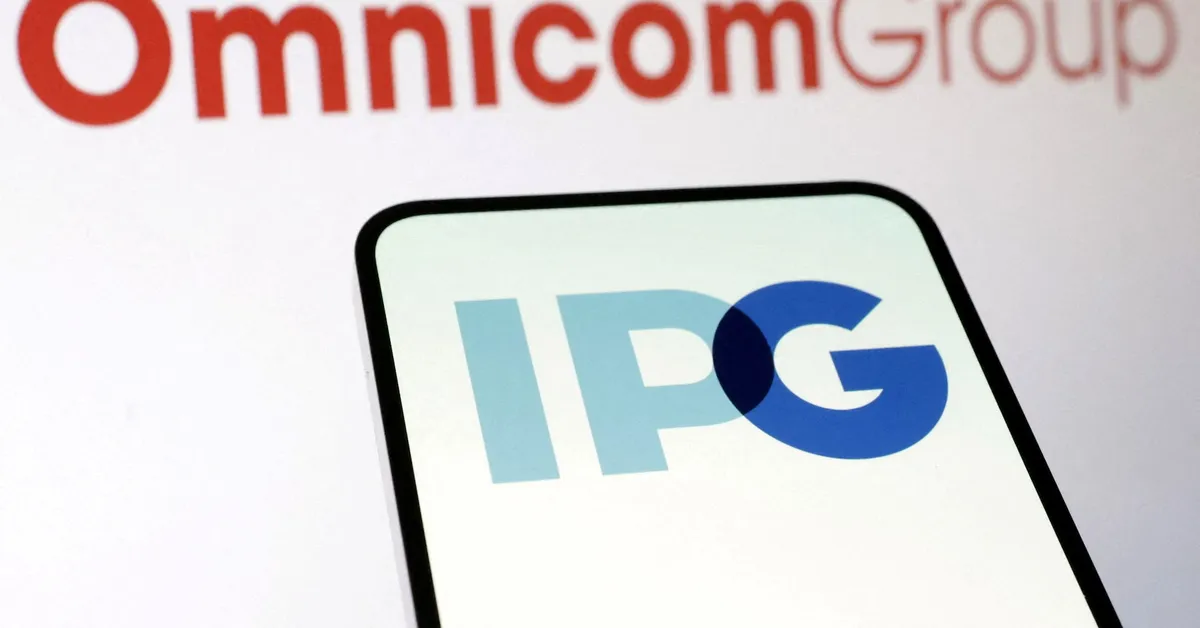
The recent agreement between the Federal Trade Commission (FTC) and major advertising firms illustrates how Chairman Andrew Ferguson is effectively implementing President Donald Trump's agenda. This enforcement action aims to address conservative concerns regarding large corporations by leveraging antitrust laws. The settlement highlights the ongoing efforts of the FTC to regulate the advertising industry while ensuring compliance with free speech rights.
The FTC's agreement allows individual advertisers to determine the placement of their ads, maintaining a degree of autonomy in the advertising process. Additionally, this settlement aims to resolve potential claims arising from the FTC's preliminary investigation into alleged coordination with media watchdogs. These watchdogs have been accused by Elon Musk of orchestrating advertiser boycotts against the social media platform, X.
Chairman Ferguson emphasized that the current settlement does not infringe upon the constitutionally protected rights of marketers or advertisers to express themselves freely. This assurance is crucial as it balances regulatory oversight with the protection of free speech in marketing practices.
Major advertising firms, including Omnicom and Interpublic, have welcomed the FTC's actions as a significant advancement towards finalizing their merger. The companies anticipate receiving the necessary regulatory approvals and are on track to complete the deal in the latter half of the year. This all-stock acquisition, initiated in December, aims to create the world's largest advertising agency, thereby positioning the firm as the leading media buying agency in the U.S., according to the FTC.
Ferguson has previously criticized settlements that compel companies to alter their behavior instead of divesting assets, noting the enforcement challenges these present. He pointed out the history of collusion in the media-buying sector and the heightened potential for collusion following a merger, making this particular case a unique opportunity to impose a behavioral remedy.
The settlement mandates that the merged company provide relevant documentation and submit annual compliance reports for a period of five years. While the agreement is a positive step forward, it still requires final approval from the FTC, which is currently led by three Republican commissioners. Following a public comment period, two commissioners voted in favor of the proposed settlement, while one recused themselves from the decision.
This development marks a pivotal moment in the intersection of advertising regulation and antitrust enforcement, reflecting the ongoing challenges faced by regulators in balancing corporate power and consumer rights. As the FTC navigates these complex issues, the implications for the advertising industry and its stakeholders will continue to unfold.
For further insights on tech policy and antitrust enforcement, stay tuned for updates from Jody Godoy, who specializes in reporting on these critical topics.